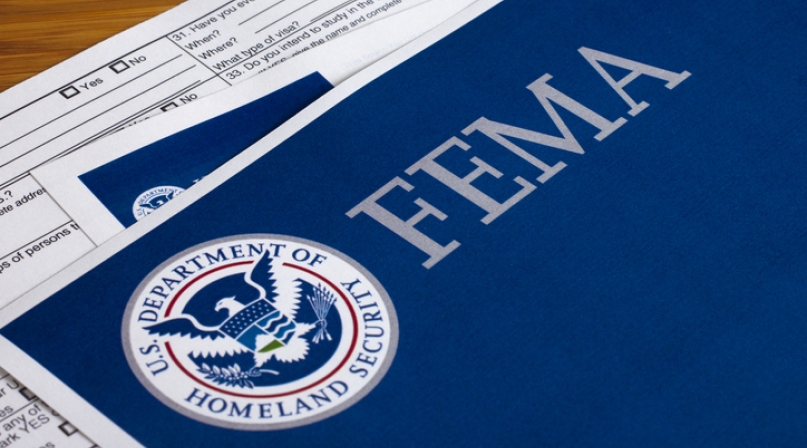FEMA requests feedback from counties on the BRIC non-financial Direct Technical Assistance program
Author

Brett Mattson
Upcoming Events
Related News

Key Takeaways
On May 23, the Federal Emergency Management Agency (FEMA) published a Request for Information (RFI) to solicit feedback on the capabilities of organizations that help FEMA deliver the Building Resilient Infrastructure and Communities (BRIC) non-financial Direct Technical Assistance (DTA) to communities across the United States.
FEMA’s BRIC non-financial DTA aims to provide counties with support needed to complete a competitive application including climate risk assessments, community engagement, partnership building, mitigation and climate adaptation planning. Seven counties were awarded with DTA in FY 2022 out of the 26 local jurisdictions selected. The most common requests for assistance included:
- Local hazard mitigation plan development
- Identifying solutions for specific hazards
- Assistance with hazard mitigation project planning
- Requesting application development support
- Demonstrating cost-effectiveness of a BRIC subapplication submission
- Understanding hazard mitigation grant management
Through this RFI, FEMA plans to collect information regarding how organizations of different sizes with regional or more localized reach can help FEMA deliver technical assistance to localities and expand the program.
Counties should directly submit their RFI responses electronically to Glen Seipp, Contracting Officer, at Glen.Seipp@fema.dhs.gov and Kimberly Sprenkle, Contract Specialist, at kimberly.sprenkle@fema.dhs.gov no later than Tuesday, June 13, 2023 at 3:00 p.m. EDT.
Related News

California counties fight agricultural crime
Sheriffs' offices and prosecutors in California's central valley make specific efforts to prevent and prosecute crimes against the agricultural community.

DHS funding set to lapse, putting key county partners at risk of a partial shutdown
The U.S. Department of Homeland Security (DHS) is headed toward a funding lapse at 12:01 a.m. ET on Feb. 14 after the Senate failed this week to advance legislation to fund DHS for the remainder of Fiscal year (FY) 2026.

SBA issues new rule affecting local permitting in post-disaster rebuilding
The U.S. Small Business Administration (SBA) has issued an interim final rule that changes how rebuilding projects financed with SBA disaster loans following a Presidentially declared disaster interact with state and local permitting requirements.